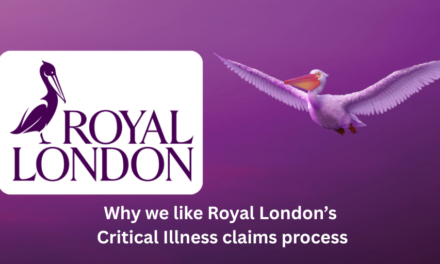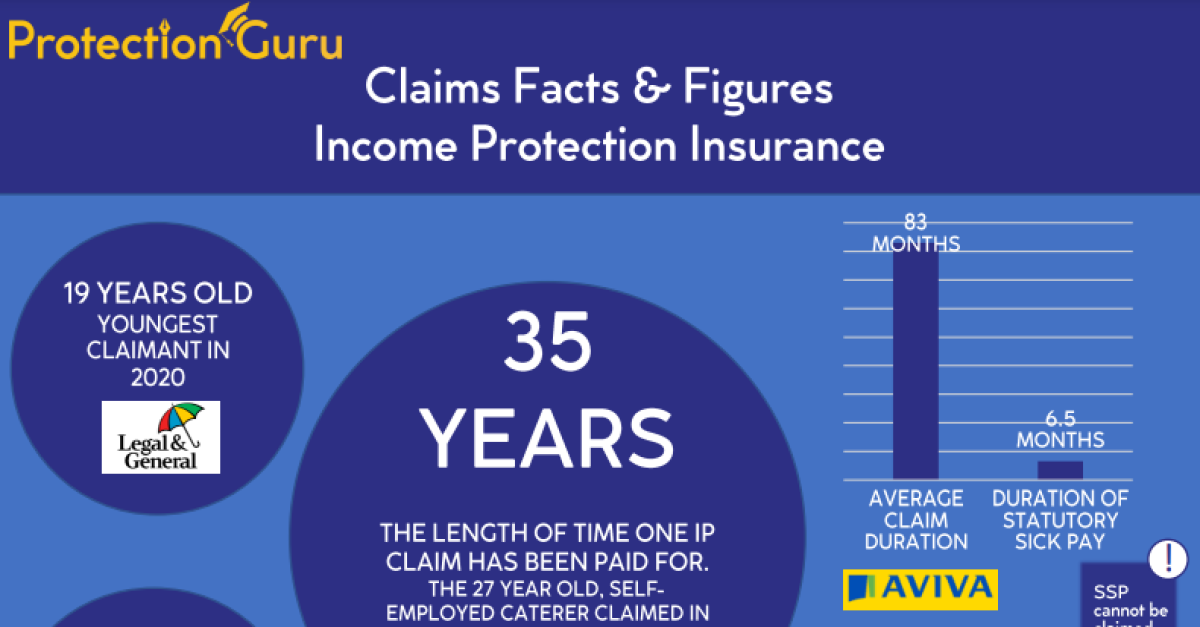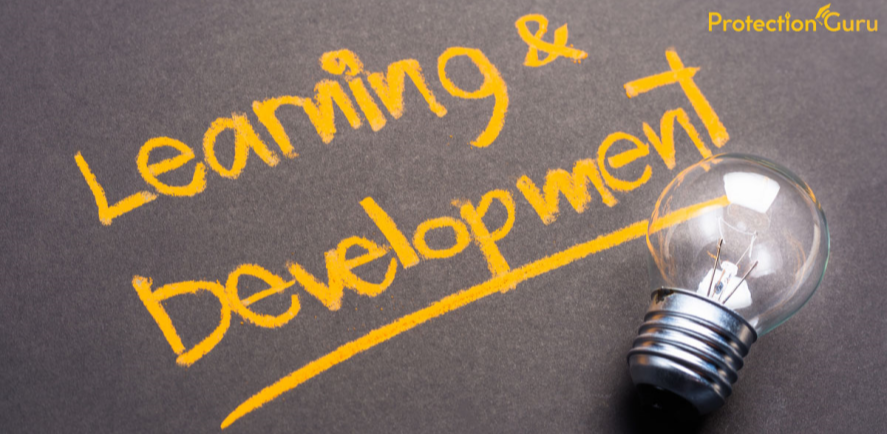
What state benefits are available when too ill to work?

In reading this article you will understand
- Qualifying for Statutory Sick Pay
- Means-tested benefits
- Options if falling short
State benefits tread a delicate path. Claimants need enough money to survive if their personal circumstances take a turn for the worse. But the state benefits system can never undermine the principal that work pays. So, if people are looking to claim state benefits because their ability to work has been impacted by sickness or disability, the financial help they get is likely to be less than they are used to.
Starting with sick pay
Sick pay is usually the first port of call if someone can’t work due to health reasons. Some employers have their own schemes but the generosity of these will vary. If there is no employer scheme or claimants do not qualify, they may be eligible for statutory sick pay (SSP). This is currently paid by employers at the flat rate of £99.35 a week for up to 28 weeks, which is low compared to other countries in Europe. According to the North Lancashire branch of Citizens Advice, Germany pays 70% of wages for 84 weeks, Norway pays 100% of wages for 52 weeks and Switzerland pays 80% of wages for 103 weeks.
To qualify for SSP in the UK, claimants must be an employee – not self-employed – with average earnings in last two months of at least £123 a week. They must be unable to work for least four consecutive days, with payments usually starting from day four.
In situations where SSP doesn’t cover living costs, people are off sick for longer than 28 weeks or they don’t quality for SSP – perhaps because they don’t earn enough or are self-employed – they may get other benefits such as the New-Style Employment and Support Allowance.
Household income and savings are not considered, but to qualify for the New-Style ESA, people need to have made enough National Insurance contributions in the last two to three years. Claims can be made if people are working less than 16 hours a week, but their earnings can’t be over £152 a week. Another caveat is that a private pension of more than £85 per week will reduce how much benefit people get.
The New-Style ESA initially pays up to £77 a week to people aged 25 or over, while under 25’s get up to 61.05 a week. Claimants then have a work capability assessment, which groups them according to the severity of their condition. The work-related activity group is for people who are deemed capable of work in the future. They may have to attend work-focused interviews, training and health programmes to prepare them for returning to work. Payments remain at £77 a week and will stop after a year.
The health conditions of people in the support group are seen as more severe, so they get more money – up to £117.60 a week – and their health will be regularly reviewed. One of the drawbacks of NSESA is that it doesn’t include extra amounts for children, a partner, or rent but other benefits like Universal Credit may help.
Means-tested benefits
Universal Credit is usually a monthly payment to cover living costs but it is means-tested, so people don’t qualify for it if they or a partner they live have more than £16,000 in savings or other assets. It comprises a basic allowance ranging from £265.31 a month for a single person aged under 25 to £525.72 a month for a couple over 25. This basic allowance may be topped up if people have children, pay for childcare, have a disability or health condition, care for someone else who has a disability or rent their home,
However, the North Lancashire branch of Citizens Advice points out that Universal Credit doesn’t necessarily cover all of someone’s rent, especially in areas with high housing costs.
Homeowners with a mortgage may get financial help through Support for Mortgage Interest, but as it is a loan, it will need to be repaid. People on benefits can also contact their local council to see if they can claim a council tax reduction – the exact amount of this will vary.
People who have a long-term illness or disability but are are ineligible for Universal Credit because they or the partner they live with has more than £16,000 in savings or other assets may qualify for the Personal Independence Payment. This benefit can be claimed regardless of whether someone with health problems or disabilities is work or not. It can also be claimed alongside SSP, NSESA or Universal Credit without affecting those benefits.
To qualify, people need to have had problems completing everyday tasks or moving around for three months and expect those difficulties to continue for another nine months.
Receiving state benefits may also provide access to help with health costs such as prescriptions and dental treatment, discounts off winter electricity bills under the Warm Home Discount Scheme and free school meals.
Falling short
Although financial support from the state is available for people who are unable to work for health reasons, it is patchy, involves lots of different applications and research shows that it falls short of providing an adequate standard of living, particularly with the cost of living and energy prices shooting up.
The Joseph Rowntree Foundation’s recent report, A Minimum Income Standard for the United Kingdom found that even when the government’s cost-of-living payments were included, a single adult on out-of-work benefits has £89 a week in disposable income – 32% of the £277 a week the charity calculated as the minimum needed to provide an adequate standard of living. The same research found that out-of-work couples with two children have disposable income of around half the £572 a week they need for a socially acceptable standard of living.
To avoid clients potentially having to take their chances with state benefits, protection advisers may want to talk them through the advantages of income protection. These policies pay a percentage of the client’s usual income if they are too ill to work, which should be easier to live on than state benefits.
Things to reflect on for CPD:
- Sick pay is usually the first port of call if someone can’t work due to health reasons
- To qualify for SSP in the UK, claimants must be an employee – not self-employed – with average earnings in last two months of at least £123 a week
- In situations where SSP doesn’t cover living costs, they may get other benefits such as the New-Style Employment and Support Allowance.
- Citizens Advice points out that Universal Credit doesn’t necessarily cover all of someone’s rent, especially in areas with high housing costs.
- Receiving state benefits may also provide access to help with health costs, discounts off winter electricity bills and free school meals.
- To avoid clients potentially having to take their chances with state benefits, protection advisers may want to talk them through the advantages of income protection.


















